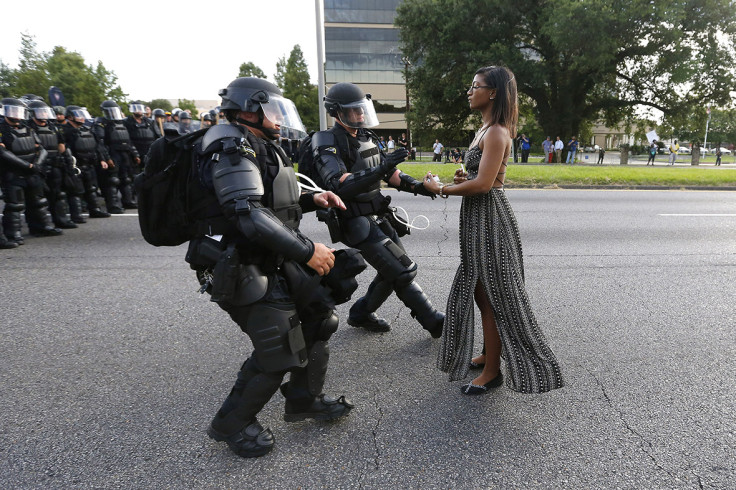Black Lives Matter is going global: After Dallas and recent shootings it matters more than ever
Alton Sterling and Philando Castile represented the majority of black people - trying to keep their heads down.
Another death of a black person at police hands; another protest. At first glance, recent events in the USA have a familiar and depressing monotony about them. Yet the lives of Alton Sterling and Philando Castile may have catalysed something new and essential for the Black Lives Matter movement.
These two black men, shot dead only a few hours apart, galvanised protests across the Western world, which in itself is not novel − we have always seen this type of instant and inspiring response. What we may also be seeing now, though, are sustained efforts by another generation of young people, far beyond the towns and borders where these protests began. Moreover, as tempers rise around this issue − marked, most disturbingly, by the recent and apparently retributive murder of five police officers in Dallas − its message of non-violent resistance becomes all the more important.
Western youth are often maligned for their failure to take political action, most recently for their apparent apathy when faced with the recent EU referendum (it was reported that only 36% of them turned out to vote, even though the true figure may have been twice that).
Yet it was they who were at the forefront of this week's round of protests, both organising them online and leading them in the street. Some of the most prominent voices came from grime, one of British music's most defiant and influential genres. Novelist, one of the brightest talents to have emerged in the last couple of years, was seen bearing an iconic banner.
Meanwhile, Stormzy took the music industry to task for cultural appropriation − that is to say, for enriching itself from the fruits provided by black people, but remaining silent when those same people might need their vocal and financial support.
It is notable, too, that both of these MCs have mostly made their names as independent artists, mostly free from the censure of major labels. Perhaps, free from these traditional shackles, more of their contemporaries will feel liberated enough to speak their minds in similar fashion.
Stop Killing The Mandem. pic.twitter.com/2VDelRXvTH
— Novelist (@Novelist) July 8, 2016
For many, the deaths of Sterling and Castile brought an end to the insidious thinking behind "respectability politics" − the argument that black people can avoid getting killed by police if only they accede promptly and politely to all of the officers' demands. Sterling and Castile seemed to comply, yet it got them nowhere but the coffin.
Perhaps their fates were so resonant because they represented the vast majority of black people, trying to keep their heads down, trying − in the words of Rodney King − to "all just get along," yet they were still somehow snatched from their quiet, dutiful existences, and out into history.

Castile had been stopped 31 times by police, a pattern of apparent harassment that will be known to many black drivers in the UK. It is this feeling of connection and this solidarity that is the key to an enduring and cross-border activism.
It seems that this weekend represented something fresh and vital, with many taking up the Black Lives Matter mantle for the first time; their faces, painted with the BLM motif, were a compelling feature of train rides home throughout London this weekend.
It is difficult to predict where the movement will go from here. Perhaps there will be closer co-ordination between protesters in the US, UK and elsewhere in Europe (where Berlin saw a strong turnout), and maybe we will see a renewed and more substantive call for better standards of policing in Europe as well as the US. Only time can tell. What is clear is that, at a time when spirits seemed to be flagging, the Black Lives Matter movement has just become more vocal and global than ever.
© Copyright IBTimes 2025. All rights reserved.






















